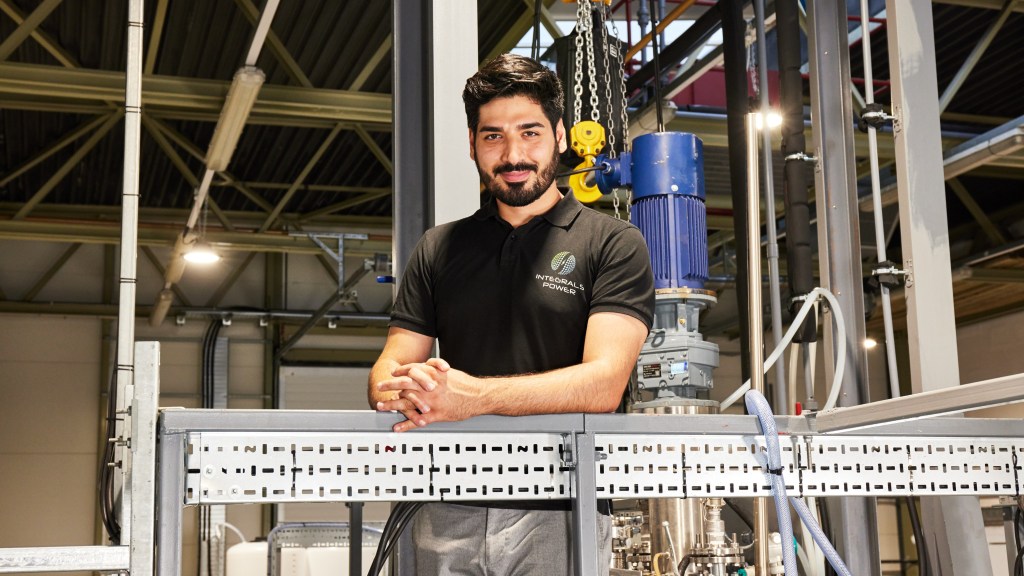Revitalizing Britain’s Battery Industry: Can It Become a Global Leader?
Behnam Hormozi holds up a jar of black powder, noting, “These nanoparticles are so small that if you touch them without gloves on, they’ll go straight into your fingers.”
While it may look like soot, this black powder is crucial for limiting our reliance on fossil fuels. The substance is lithium iron phosphate (LFP), an essential material in the batteries powering approximately 40% of electric vehicles sold last year.
LFP is integral to making cathodes, the battery component where electrons flow from the anode. Despite being inexpensive, non-toxic, and abundant, LFP was initially overlooked by automakers in favor of batteries made with nickel and cobalt for higher energy density. With recent advancements in LFP energy density, companies like Tesla are now adopting it for electric vehicle production.
However, more than 90% of LFP production is currently based in China, a fact that concerns western automakers who fear supply chain disruptions. Determined to change this, Hormozi founded Integrals Power, the UK’s first LFP supplier, in 2020. After self-funding the venture, the company recently began operations at its inaugural production site.
“The battery industry will become as important, if not more important, than the oil industry. Relying solely on one country like China isn’t safe,” claims Hormozi. “Reducing China’s market share to 50 or 60 percent would be an improvement.”
China’s state-backed battery giants might not be threatened by Integrals Power’s new facility, which operates from a warehouse in Milton Keynes and can supply LFP for only 250 cars annually. However, its primary purpose is to produce cleaner, higher-quality LFP samples for manufacturers, aiming to scale up to 10,000 tonnes annually by the end of the decade.
Hormozi is optimistic about the UK’s battery industry revival. Unlike Britishvolt, which went into administration last year, he believes the key challenge for UK battery-cell manufacturers is sourcing materials. Integrals Power aims to bridge this gap, boosting both battery-cell and EV manufacturing in the UK.
Signs of growth are evident: Tata is building a gigafactory in Somerset, Chinese EVE Energy is discussing building another in Coventry, and Labour has pledged £1.5 billion for industry development. Integrals Power is seeking £40 to £60 million in government funding to build a £200 million, 10,000-tonne-a-year facility.
Building a British battery supply chain is essential not just for geopolitical reasons, but also because Chinese companies employ toxic, carbon-heavy production methods. Hormozi notes that stringent European environmental standards could discourage Chinese firms from operating locally, making UK production more viable.
Integrals Power opts for a cleaner method, starting with pure lithium, iron, and phosphorus, dissolved in water and heated to form a fine powder. This approach allows better control over the atomic structure, enhancing energy density and extending EV range by 30 percent. Future formulations may include manganese for further improvements.
Chinese battery firms benefit from state subsidies and lax environmental regulations. Hormozi argues that to build secure and sustainable battery supply chains, western governments must provide more subsidies and enforce higher tariffs on Chinese imports. Although the EU recently imposed tariffs between 17 and 38 percent on Chinese cars, Hormozi believes further measures are needed. The UK, however, is not planning to increase its current 10 percent tariff.
“Net zero is an admirable goal, but it’s unattainable without subsidies and tariffs. Only then can we compete on a level playing field,” Hormozi concludes.




Post Comment